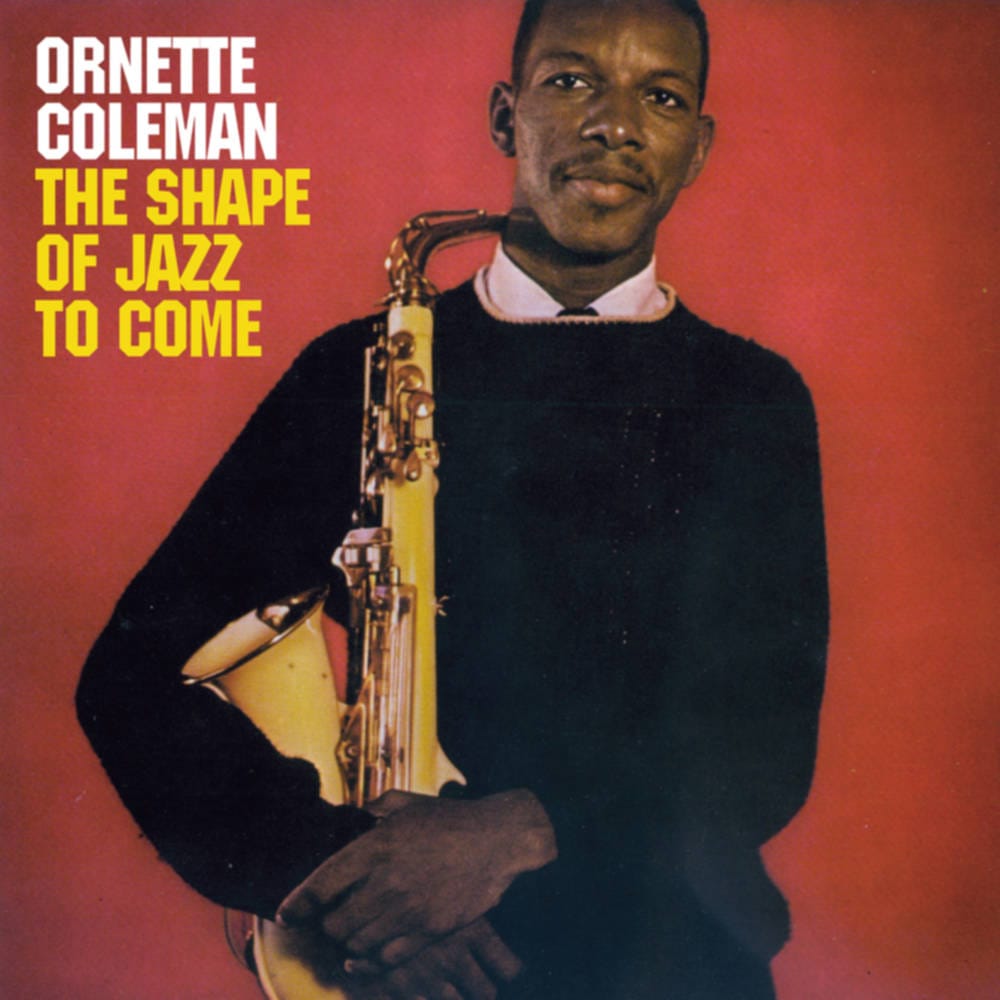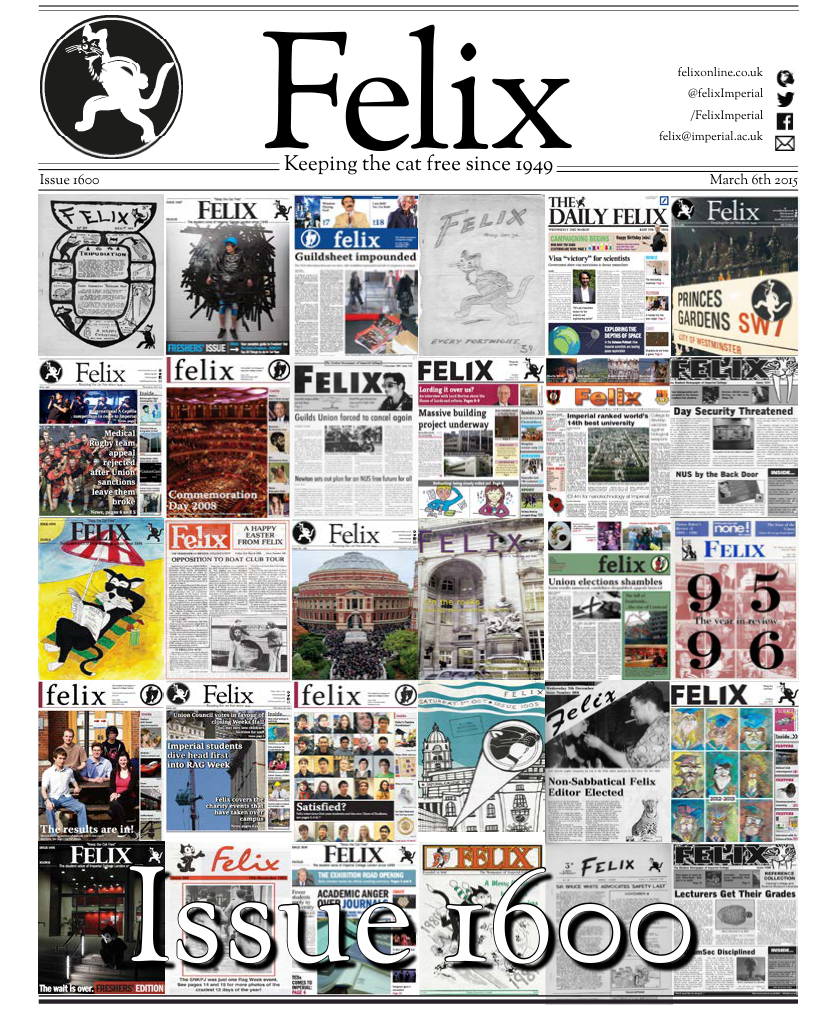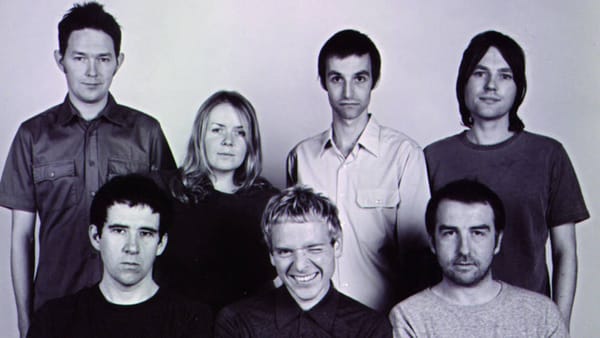My Favourite Album – The Shape of Jazz to Come
Kamil McClelland shows us the power and beauty of Ornette Coleman's masterpiece

1959, probably the most important year in the history of jazz, a turning point away from bebop and its roots in blues and dixieland, towards a new path for jazz: free jazz. In the same year Miles Davis released Kind of Blue and Dave Brubeck came out with Time Out, a lesser known artist called Ornette Coleman came out of the shadows to release his album The Shape of Jazz to Come. The implications of this album cannot be underplayed; it heralded the advent of free jazz: more a way of thinking than a genre in itself, that would revolutionise music for the rest of the 20th Century.
Jazz is often seen as either lounge music or so abrasively complex as to make it effectively unlistenable. T_he Shape of Jazz to Come_ was my gateway drug that took me beyond this misrepresentation. It contains just enough of the old school of jazz and conventional harmonic structures to make it enjoyable and not completely baffling, whilst simultaneously introducing new musical concepts that completely blow the artform wide open. Retrospectively, this album is by no means free jazz, not at all free of the musical shackles defined by jazz and blues standards. In fact, you can certainly hear the influences from Thelonious Monk and Charles Mingus in the album. However, you cannot doubt how avant-garde it was at the time, with Miles Davis describing Coleman after its release as “all screwed up inside”. Yet he was simultaneously described as a genius by Leonard Bernstein, such was the controversy of the album’s release.
How bold a statement to call an album ‘The Shape of Jazz to Come’! Coleman originally wanted to entitle it ‘Focus on Sanity’ but fortunately just in time, his producer suggested the name, recognising the album’s potential for revolution. It was also just in time for Coleman in another way. For before this producer, Nesuhi Ertegun, picked him up, he was considering abandoning music altogether and becoming a pastor.
Coleman had always been an innovator as a saxophonist, much more interested in the timbre of the instrument as opposed to playing the ‘correct’ notes. In fact in 1954 he started playing a plastic saxophone, unable to afford a metal one, giving his playing an extremely unique sound that is a lot drier and more piercing than other saxophonists.
However, whilst his work can sometimes be quite affronting, it is also some of the most emotionally rich and complex that I have ever come across. From a hyena-like cackle to a lamenting weep, he truly encompasses the beauty of dissonance. Harmony is unimportant to him, emotion through melody and timbre are what counts, embracing a raw energy rarely seen in any jazz artists before him. He also did not view pitch in the same way as his artistic counterparts. He appreciated it was a spectrum and made use of microtones like no other, insisting the same pitch should sound different at each performance depending on the context and mood. It was truly revolutionary thinking!
And this is why I love this album so much, the work of a maverick innovator miles ahead of the curve – truly the shape of jazz to come.









